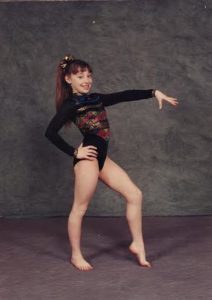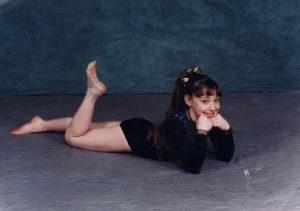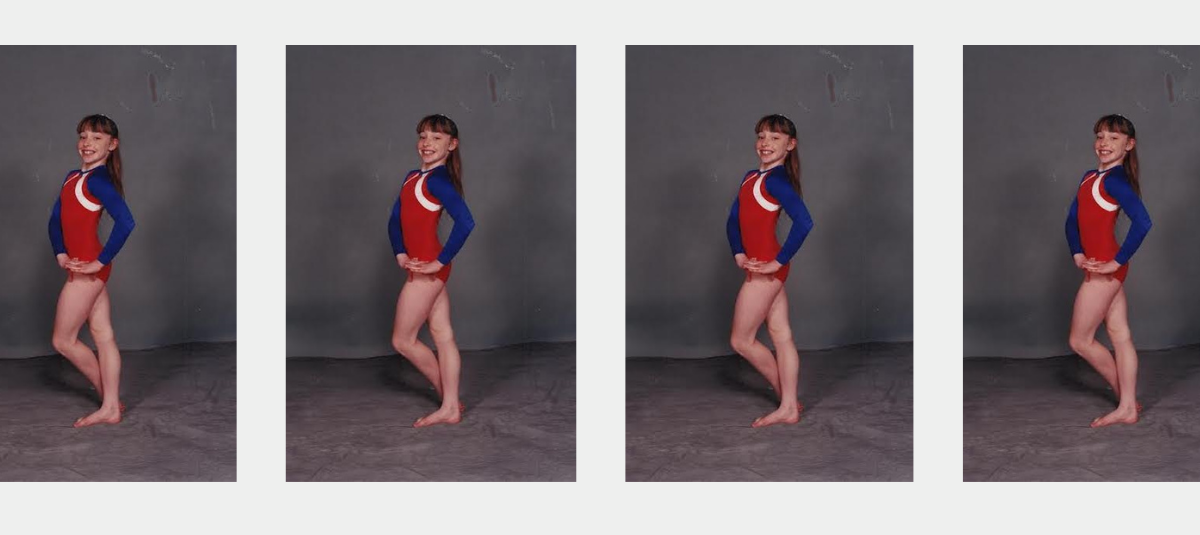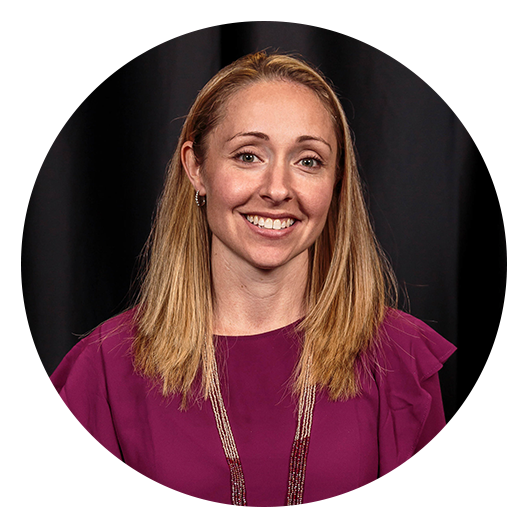I grew up in the gymnastics world where things were never good enough. Coaches were demanding, sure, but my pursuit of perfection and pushing through difficulty had nothing to do with them. It was all in me. When the world gasped when Kerri Strug completed her vault on her injured ankle in the Atlanta Olympics in ’96, I just turned to my parents and said, “Any gymnast would have done that.”

But gymnasts, like tennis players, and football players, and CEOs, and teachers, and parents, are not robots, they are human. And when Simone Biles pulled herself out of the Olympics on Monday, with the world’s eyes on her, she showed us that we all have permission to be human. That sometimes the best thing we can do for ourselves and the people around us is to know that it’s okay to not be okay, and we don’t have to be perfect.
Simone Biles is the greatest gymnast of all time. The height that she gets on her vaults, and the combination of flips and twists that she does on beam and floor, have meant that certain moves and skills have literally been named after her. She has not lost a major competition in eight years. At age seven, she was already better than I was when I made the hard decision to retire from the sport in middle school.
She is the GOAT.
Because gymnastics is a judged sport, these young athletes go through extraordinarily intense competitions and “training camps” to be selected for the coveted Olympic team. Simone and the other girls and young women train their entire young lives for this process and this moment. They’ve shunned other sports, missed major family events and typical childhood activities, and even left traditional school so they could train. The dedication, focus, power, and flexibility required of competitive gymnasts, of girls and young women, is like no other sport out there.
Those of us that competed know that thrill of the air, of getting that swing or that tumbling pass that can not be explained. You push yourself to always be better, to stand out a little more, and be afraid of a little less. And for Simone and other elite-level gymnasts, you learn quickly that you must be strong, you must be clean, and you must be daring. And you can never not be on.
But, we are all human. We train and educate and strengthen everything we possibly can, but our mind and our body don’t always act the way we want them to and we don’t always know why. No matter how strong we are, no matter how much we think we should be able to control things, no matter how much we want it.
That’s okay. And that’s mental health.
Sometimes your mind just doesn’t act the way you want it to. It can happen to anyone, even if you are a celebrity, a CEO, or the GOAT of gymnastics.
Sometimes your mind begins thinking things that you know aren’t true, but you can’t stop them. Sometimes you can’t tell what’s right and what’s wrong anymore. Sometimes you’re terribly afraid of something that you know you shouldn’t be afraid of (I see you, snakes) but you can’t turn that fear off. Sometimes you can’t get out of bed, or muster the energy to brush your teeth or shower, and things just feel hopeless. Sometimes you are doing so much, too much, and you are making rash decisions that you know don’t make sense. And, sometimes, like Simone, you hit a point when you don’t trust your mind to perform tasks and skills and make decisions that you normally can handle.
Simone proved to the world on Monday that she is not only an Olympian, but she is human. She demonstrated that choosing to take care of both her physical and mental wellbeing is more important and more valuable than a gold medal. And in doing so, she helped show the world that it is okay to not be okay. She led by example like a true Olympian.
As a mental health advocate, I cringe at the memory of my teenage self discussing Kerri Strug with my parents. So, today, when my elementary school daughter was struggling with going to her practice this afternoon because she wasn’t feeling right, I smiled and told her to “Be Simone,” and take care of herself first.





